According to the Washington Post, economists say that many Chinese products are flooding the global market such as cars, computer chips and electronics, setting the stage for a new trade war between the US and Europe with China.
Boost exports
China’s domestic demand has yet to return to pre-Covid-19 levels, with the real estate market in particular frozen, causing prices to fall. Meanwhile, China’s factory output in the first two months of the year increased by 7% compared to the same period in 2023. This has forced China to increase the export of goods. The US Census Bureau said that in February, Chinese goods exported to the US were 3.1% cheaper than a year ago.
Beijing has invested in new factories in recent years to meet the demands of American consumers who have been snapping up imports during the pandemic, as well as developing high-tech industries such as electric vehicles and batteries.
According to independent economic research agency Capital Economics (headquartered in London, UK), since the end of 2019, China's manufacturing output, which ranks number 1 in the world, has increased by about a quarter. Meanwhile, production at US factories in the same period has remained unchanged and is still 7% lower than the peak in 2007.
China's current account surplus as a percentage of global output is now larger than it was before President Donald Trump imposed tariffs on most Chinese imports and is close to an all-time high, according to Neil Shearing, managing director of Capital Economics.

Risks to the US and Europe
Cheap Chinese goods could hurt sales for U.S. manufacturers, threatening the election-year hopes of a Joe Biden administration that could boost factory jobs.
According to the Washington Post, economist Brad Setser, a former Treasury Department official during Barack Obama's presidency, said that China is expanding its manufacturing capacity in many areas, some of which are strategic, others of which are priorities for the US and Europe. That is creating tension.
The biggest risk is for automakers, especially in Europe. Chinese factories can produce 40 million cars a year, 15 million more than needed to meet domestic demand.
Earlier this month, European officials said a trade investigation found “sufficient evidence” that China subsidizes electric vehicle production in ways that could harm European automakers.
In the US, under the North American Trade Agreement (USMCA), cars must meet regional rules of origin that prevent Chinese companies from exporting cars made in Mexico to the US. However, Chinese cars still end up in the US via South Korea or other countries with free trade agreements with the US.
Last week, the United Steelworkers union also petitioned U.S. Trade Representative Katherine Tai to investigate China's shipbuilding industry.
Meanwhile, Liu Pengyu, a spokesman for the Chinese Embassy in Washington, dismissed concerns about the country's booming manufacturing sector, saying demand cannot be limited to one country or region, but must be viewed in the context of economic globalization.
KHANH MINH compiled
Source



![[Photo] Closing of the 11th Conference of the 13th Central Committee of the Communist Party of Vietnam](https://vstatic.vietnam.vn/vietnam/resource/IMAGE/2025/4/12/114b57fe6e9b4814a5ddfacf6dfe5b7f)

![[Photo] Overcoming all difficulties, speeding up construction progress of Hoa Binh Hydropower Plant Expansion Project](https://vstatic.vietnam.vn/vietnam/resource/IMAGE/2025/4/12/bff04b551e98484c84d74c8faa3526e0)






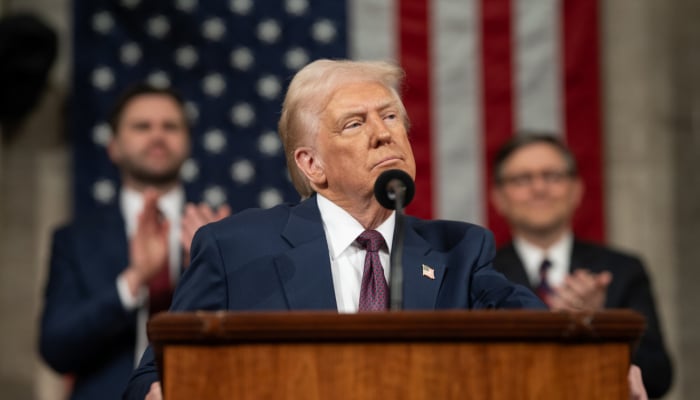
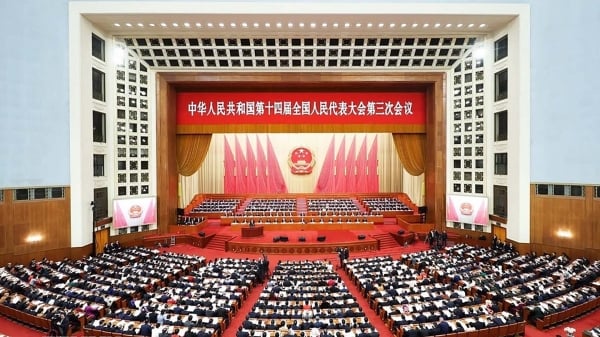

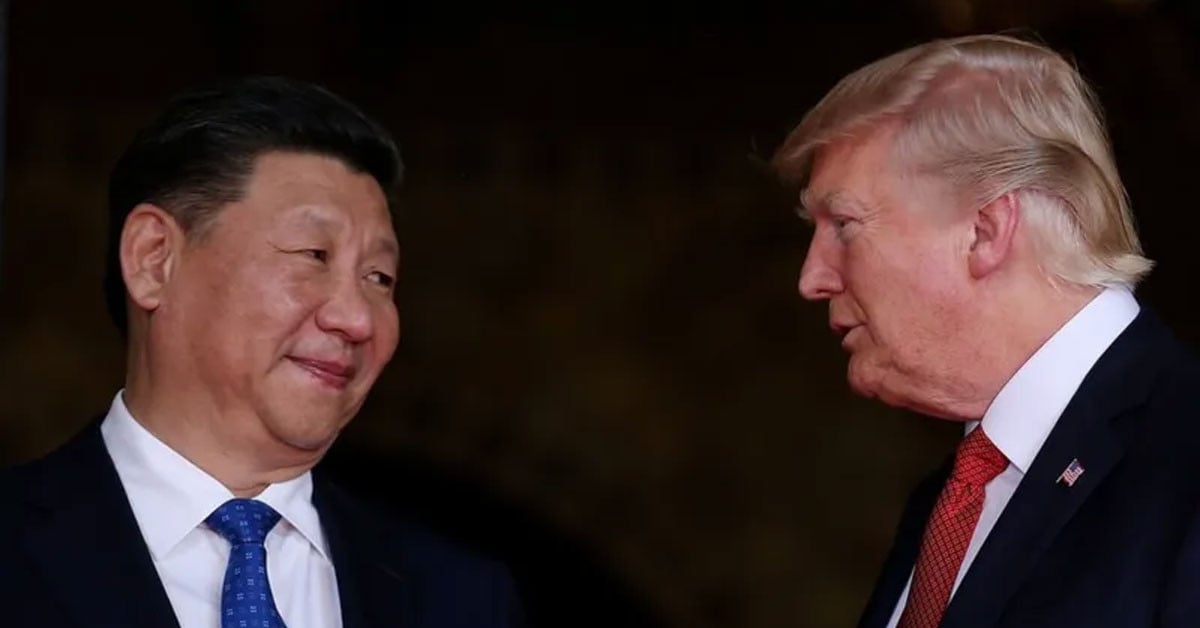

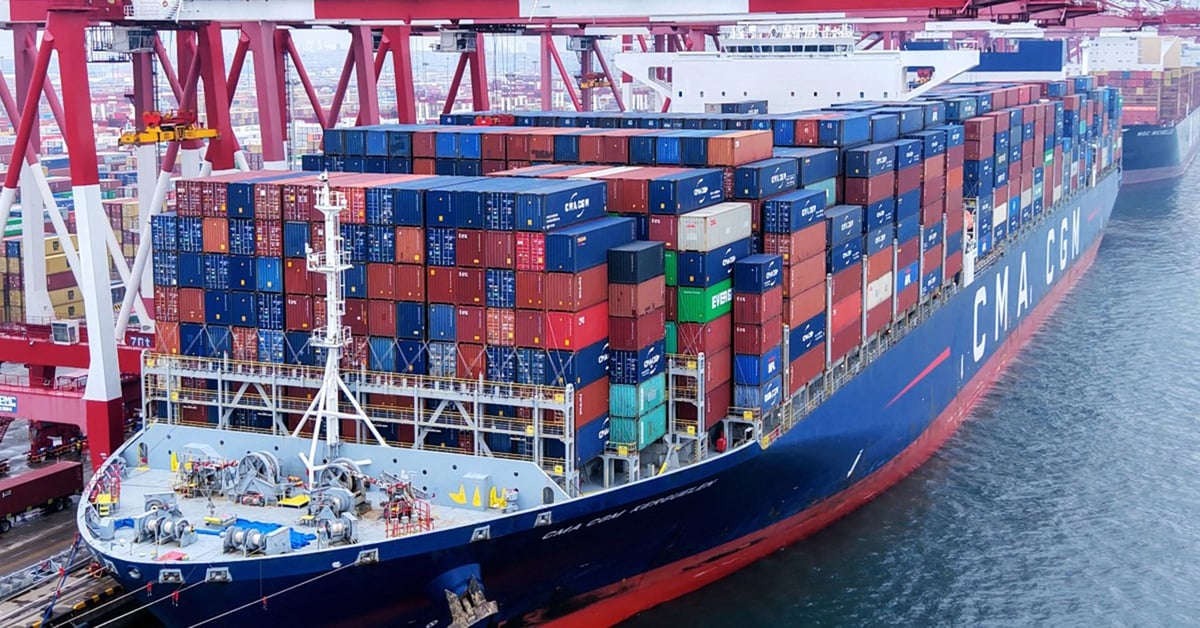
















































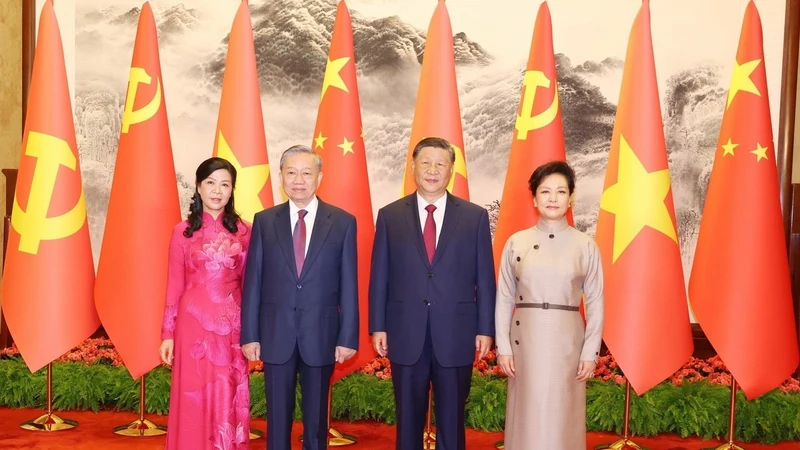




























Comment (0)